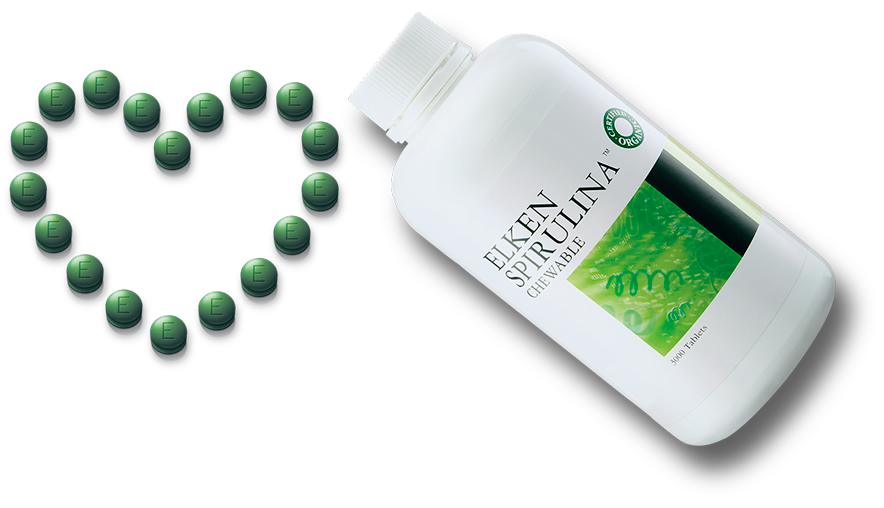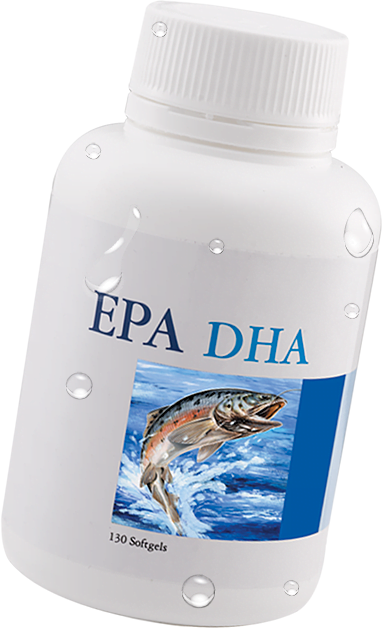The Relationship Between Genes and Academic Achievements
“Pay attention and focus” or “Just a few more pages, then you can take a break.”
Many parents can probably relate to cajoling their young children to sit down and focus on school work on a daily basis. After all, children are generally known to have short attention spans.
Attention span is defined as the amount of concentrated time on a task without becoming distracted, and is actually the result of a series of reactions in the brain to sensory stimuli. It’s crucial to note that behind all this focusing of attention, is another response – that of wilfully ignoring other stimuli, which is important because we receive thousands of stimuli at any given moment through our senses.
Memory on the other hand, is an essential processing system that refers to how we encode information that our brain stores, which allows us to retain information over time, enabling us to learn and acquire knowledge. Memory is often split into short-term and long-term memory.

The relationship between attention span and memory with academic outcomes has been found to be strong and positive in early childhood. It’s prudent however to have age-appropriate expectations about attention spans. The general consensus of childhood development experts is that a reasonable attention span to expect of a child to maintain focus on a given task – is 2 to 3 minutes per year of their age. Of course, these are only generalisations.
How long a child is truly able to focus and retain information, is largely determined by factors like how many distractions are nearby, too much exposure to screen time, how hungry or tired the child is, how interested they are in the activity and if their daily diet is balanced and provides all the nutrients they need.
If your child’s attention span is shorter than average, that’s worth addressing to find out if there are other plausible reasons. A research on academic achievements published in Scientific Reports found that individual differences in exam results are largely influenced by the inherited differences in children’s DNA sequence.

Genes of Interest and Recommendations
A DNA test will cover the genes of interest for attention such as DTNBP1, COMT, DRD4, BDNF and OXTR, as well other genes of interest specifically for dealing with memory tasks; such as CHRNA4 and DRD2.
The key to attention is the ability to concentrate on the given information, while ignoring other non-important information. The complexity of the information, the time required to process the information, and external distractions will all determine how we maintain attention and retain the information in our memory.
Attention and dealing with memory task can also be affected by environmental upbringing, educational level, cultural differences, brain injury, drugs/alcohol, sleep, and most crucially – our daily nutrients consumption found in our dietary choices.
Choline
Choline is a water-soluble nutrient which is critical for the everyday functioning of our brain. It is often grouped together with vitamin B-complex to form acetylcholine, a neurotransmitter which functions as a mood and memory regulator. Good sources of choline include eggs, chicken, cod fish, broccoli and Brussel sprouts.
L-Glutamine
L-Glutamine is an important amino acid, strongly associated with memory and concentration levels. It is vital in neurotransmission, promotes memory and focus, improves concentration and boosts brain functions. While this nutrient can be found in a variety of meat, dairy and vegetables, L-Glutamine is highly sensitive to heat and is easily lost in the cooking process.
Vitamin D
Vitamin D, widely known by its moniker of ‘sunshine hormone’ – is a key regulator for roughly 900 genes, which is 1/24 of our entire genome. It’s responsible for maintaining healthy and functioning nerves throughout the body, especially the brain and various enzymes associated with our neurotransmitters. While food such as oily fish, eggs and mushrooms are natural sources of Vitamin D, it’s ideal to also consume supplements to ensure that the body receives the healthy levels it requires.
Spirulina is a natural whole food source containing L-Glutamine and Vitamin D in the right proportions. Densely packed with over 60 types of nutrients from the 5 major nutrient groups (protein, carbohydrate, vitamins, minerals, and fat), both Elken Spirulina and Elken Spirulina Powder are the perfect superfood sources to complement regular meals and ensure that we meet the daily nutritional requirements to boost our attention levels.


EPA DHA contains a natural source of fish oil, extracted from deep sea fish in the Arctic Ocean and Norwegian Sea. It provides a dietary source of the valuable Omega 3 Polyunsaturated essential fatty acids (PUFA), namely Eicosapentaenoic Acid (EPA) and Docosahexaenoic Acid (DHA). It’s been suggested that increasing the amount of omega-3 fatty acids consumption can improve academic performance for school-age children because these supplements play a role in brain development and function, especially for memory and learning.
Elken Kington Minerale is a highly-prized solution harvested from the ocean vortex, containing 78 types of bioavailable trace elements that are easily absorbed into the body. This precious seawater solution contains a high concentration of trace minerals to replenish inadequate minerals in the brain.


